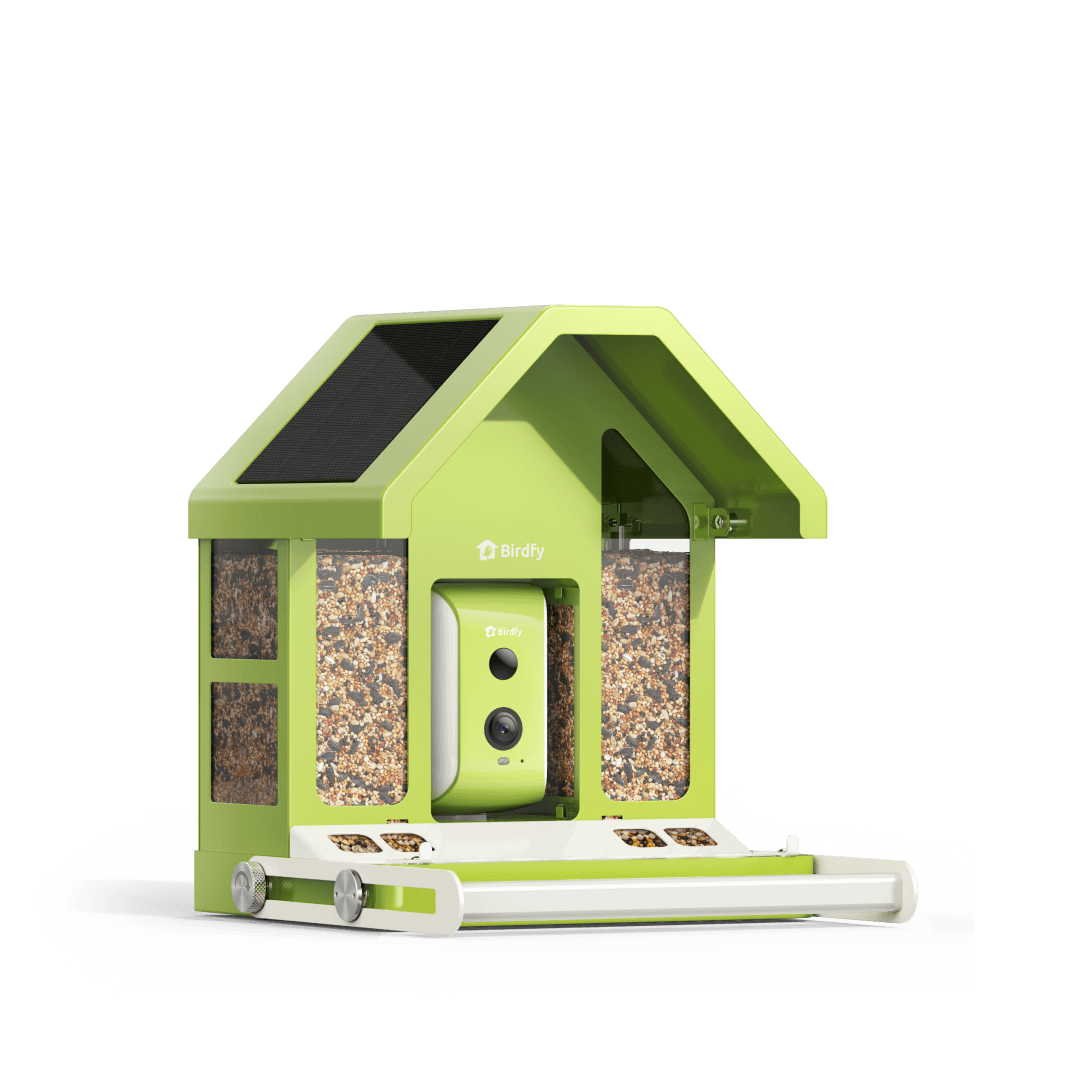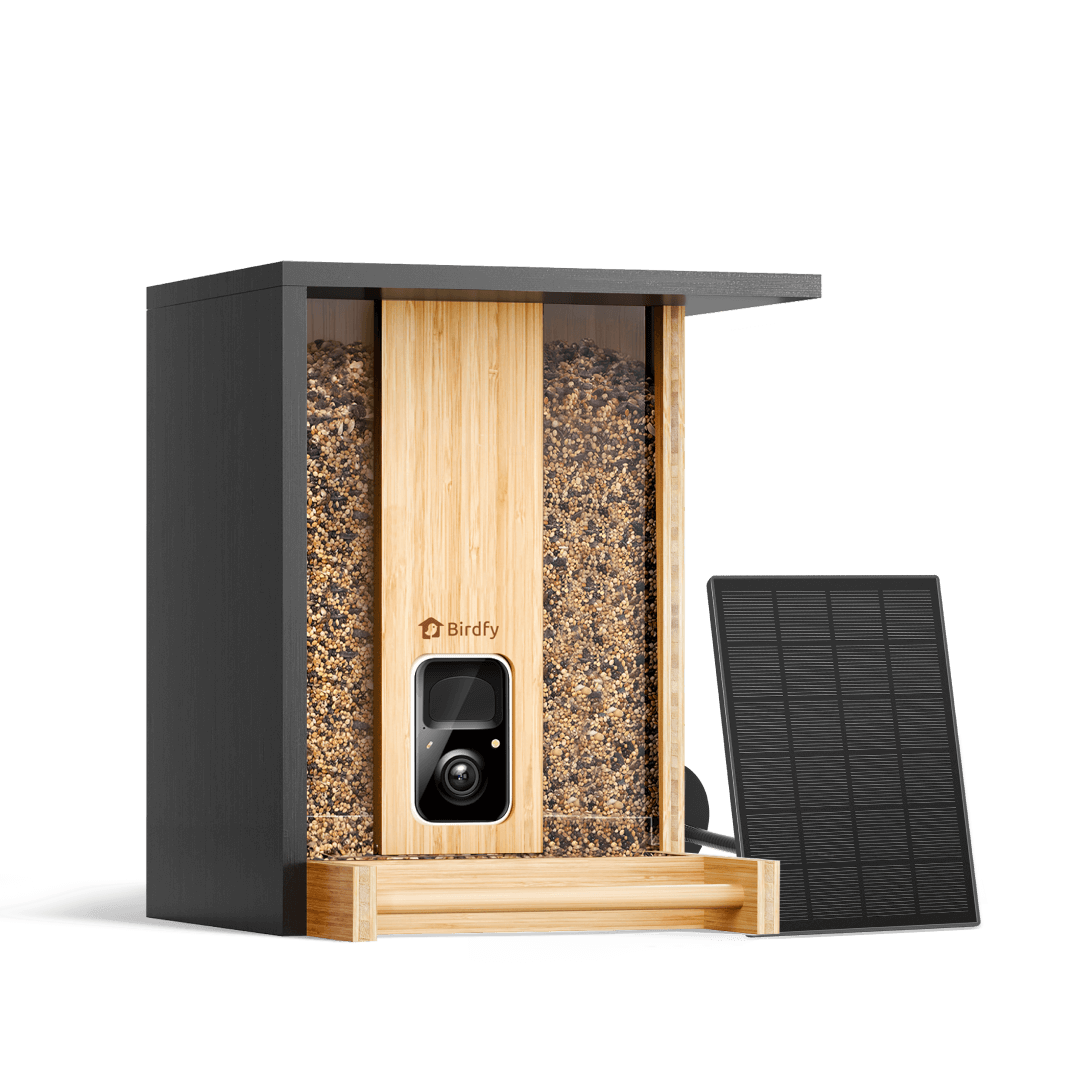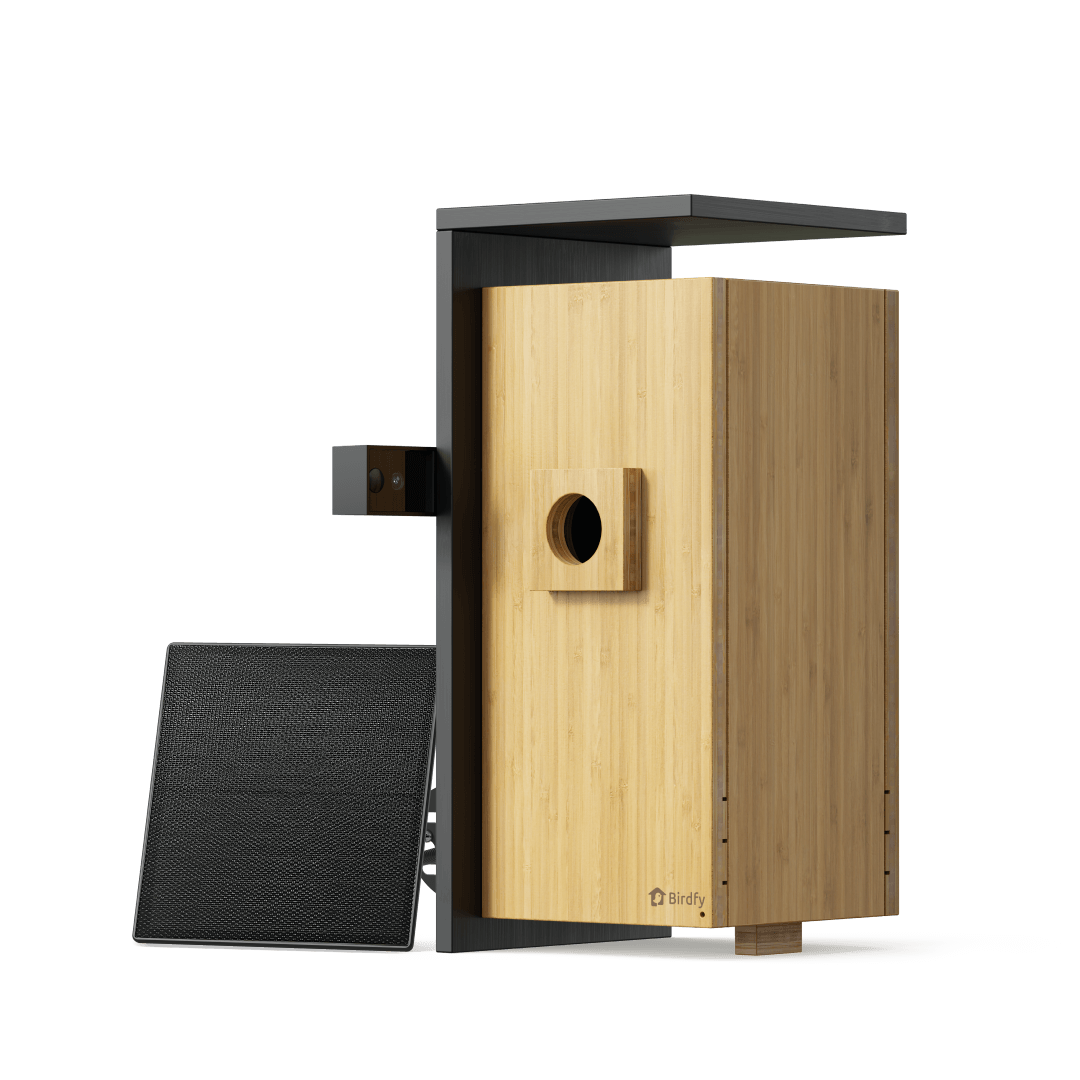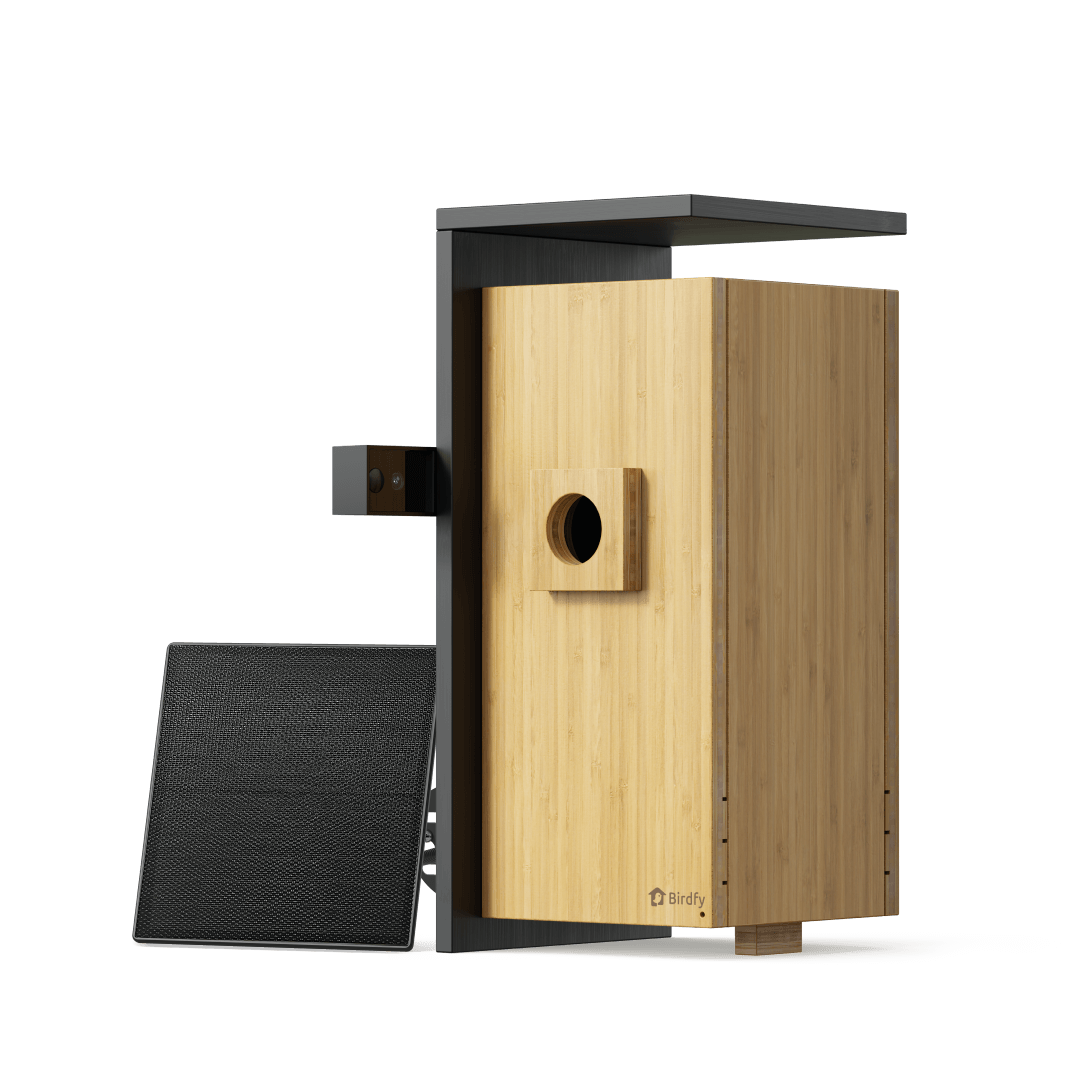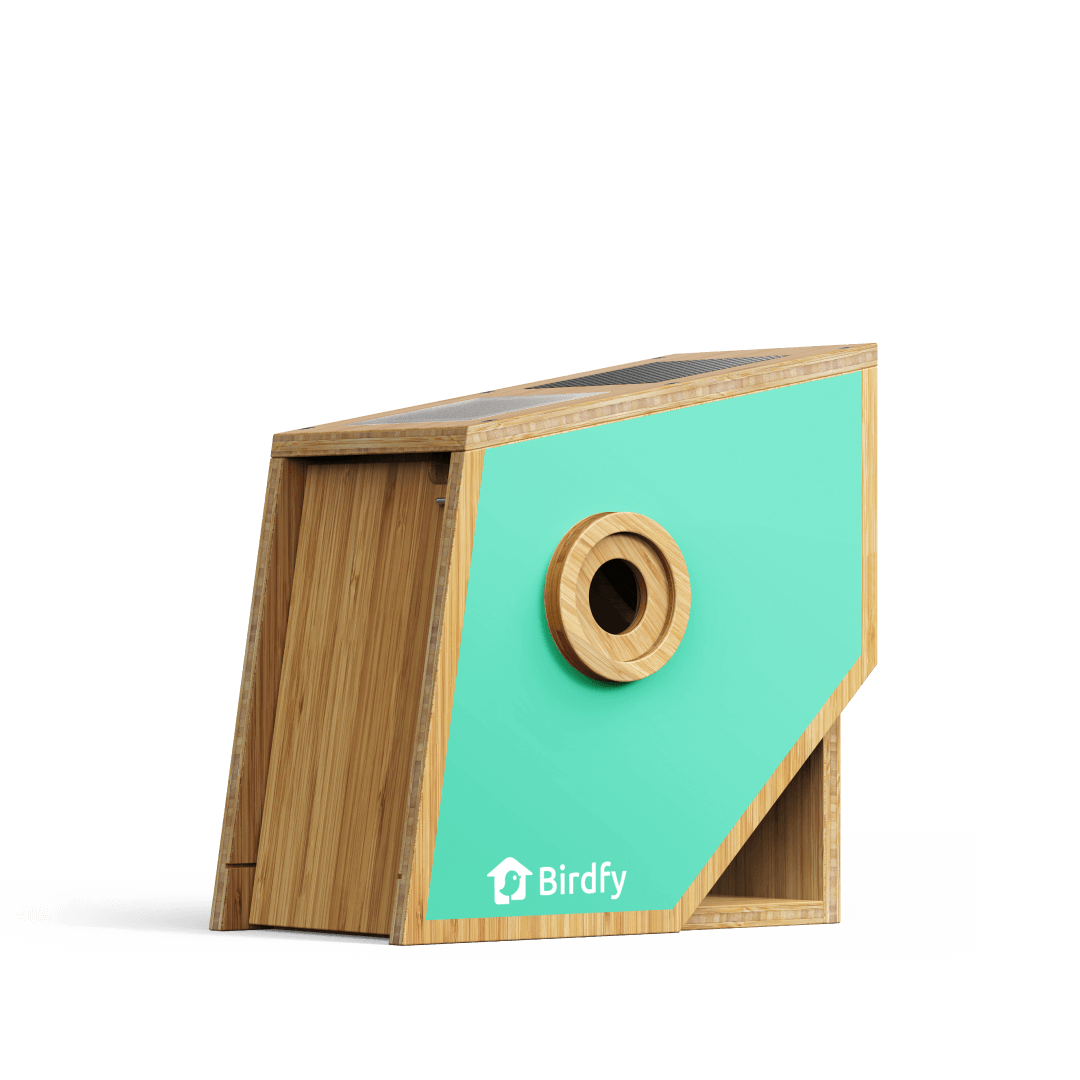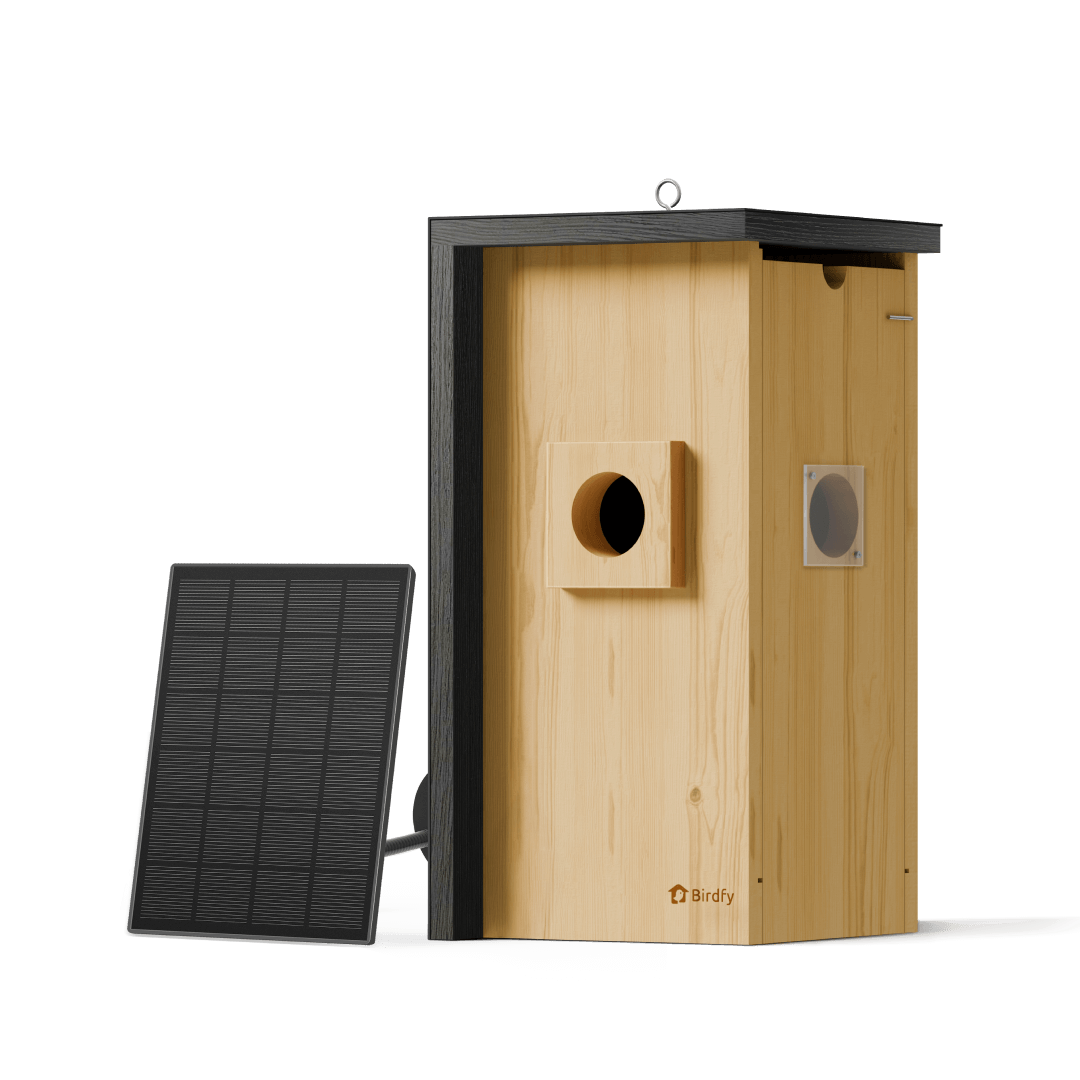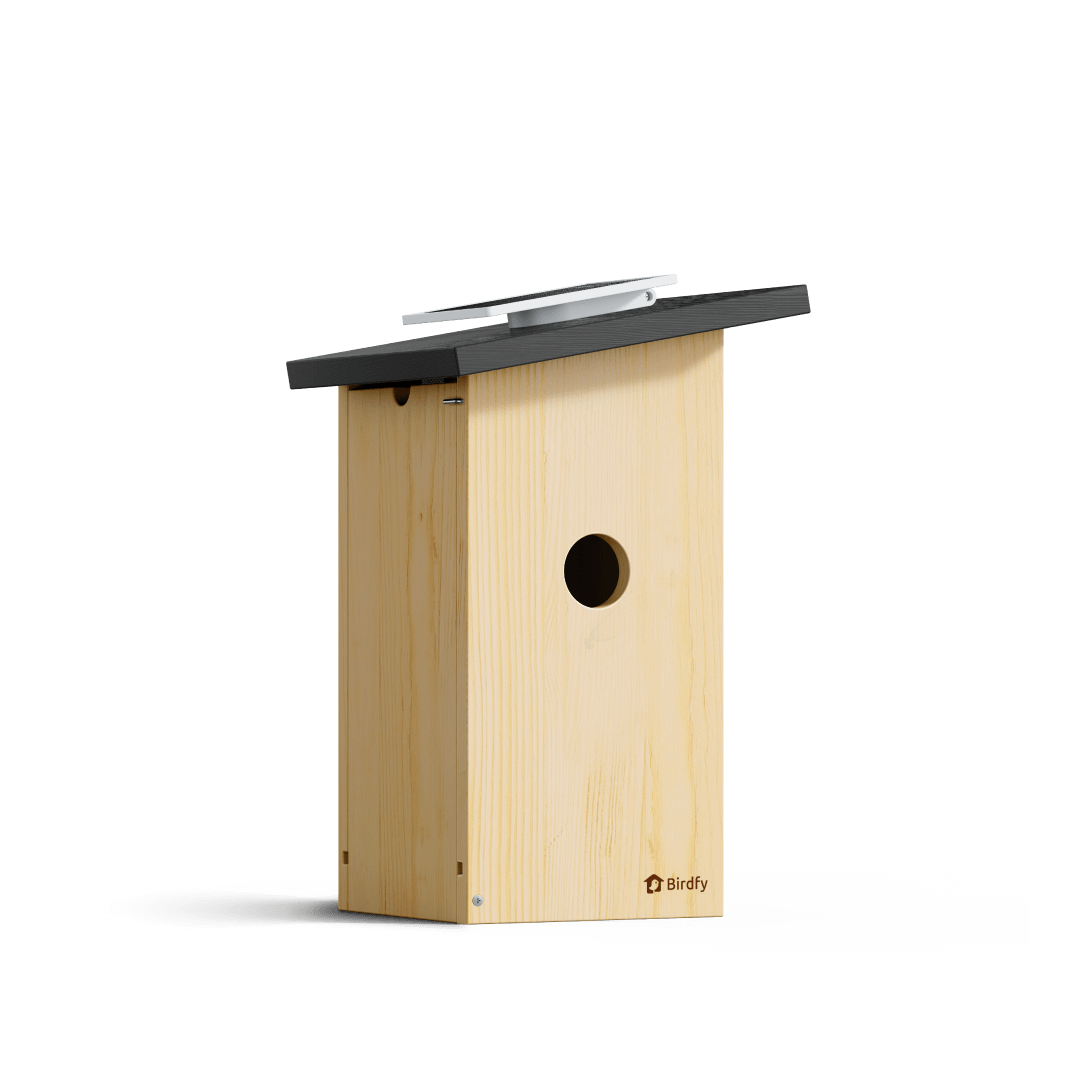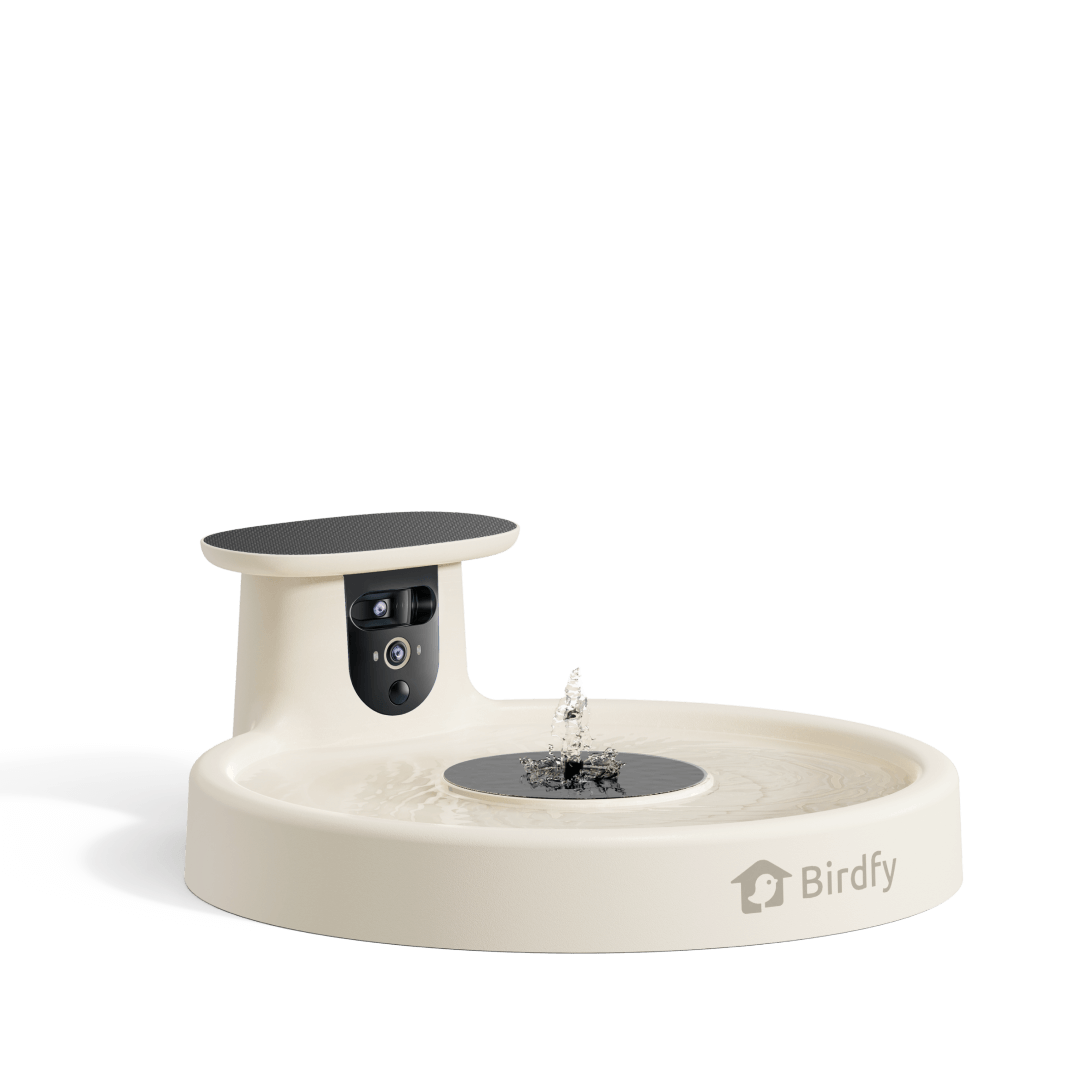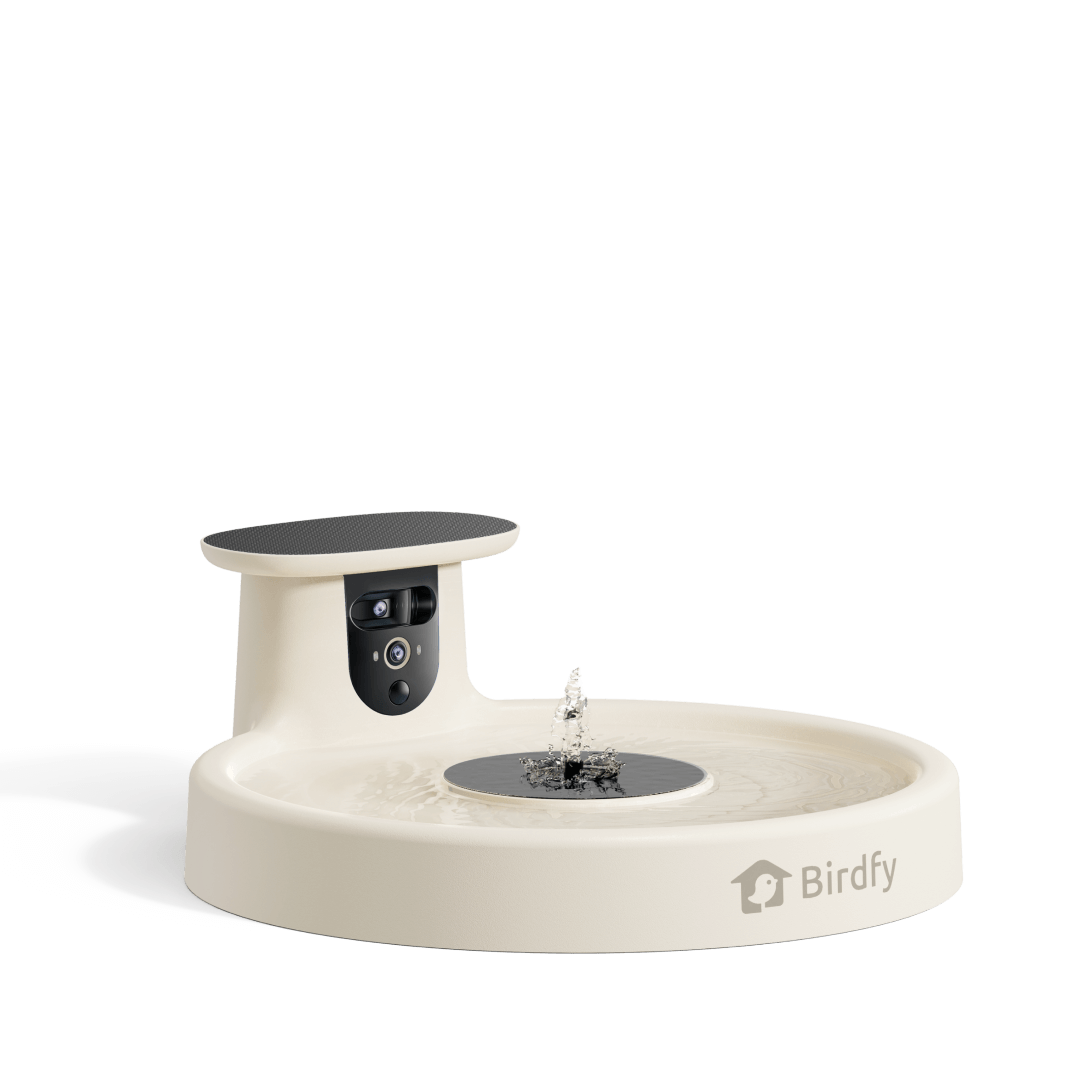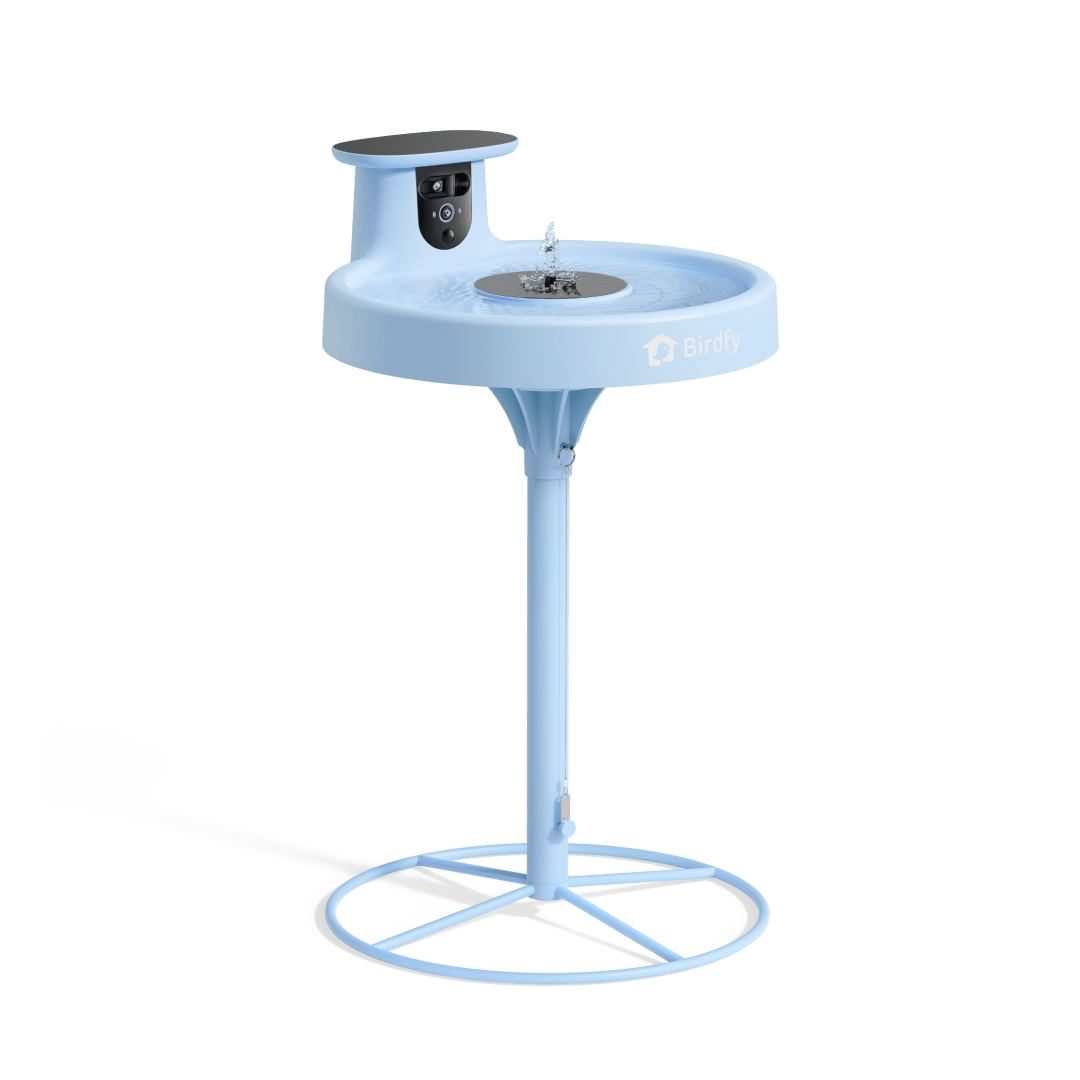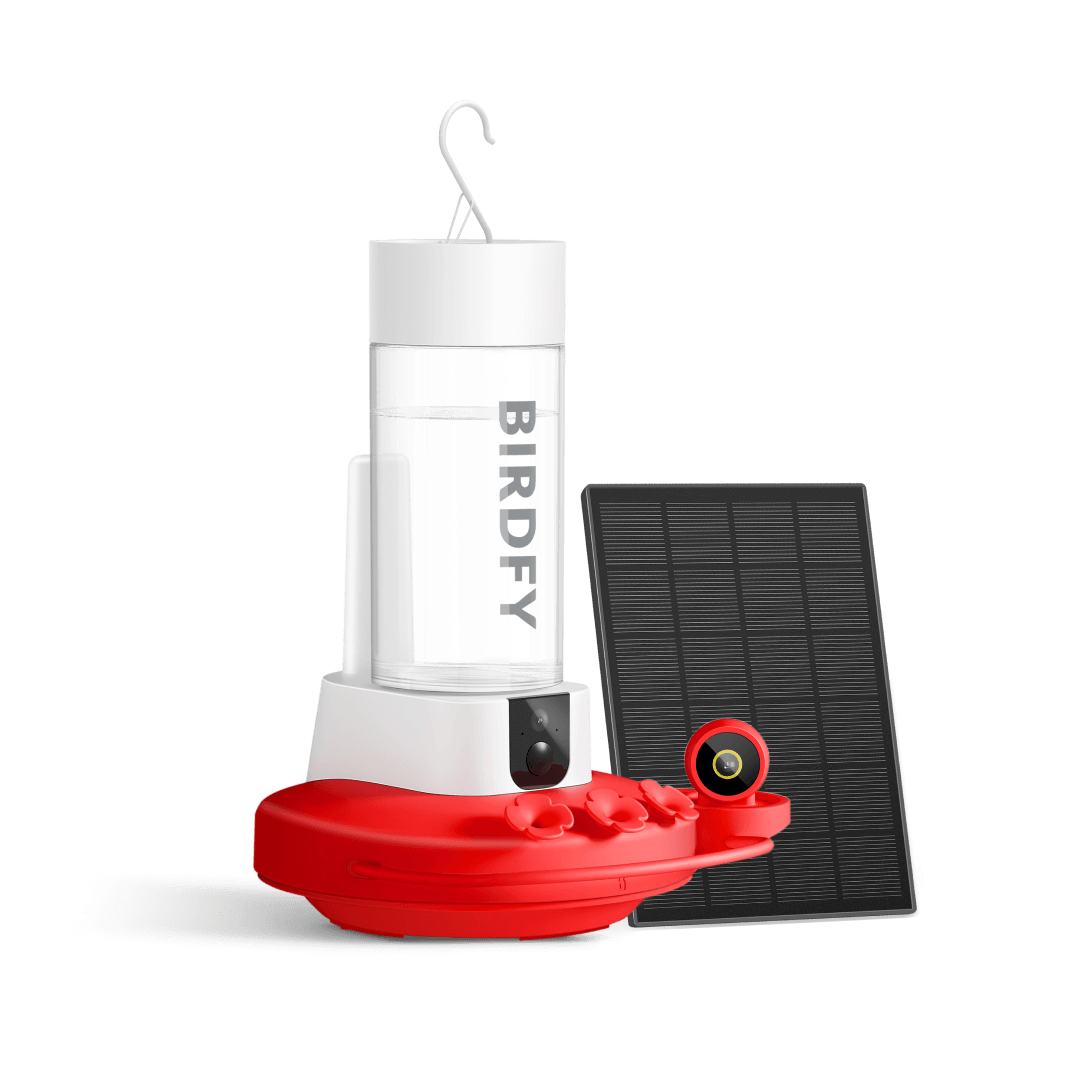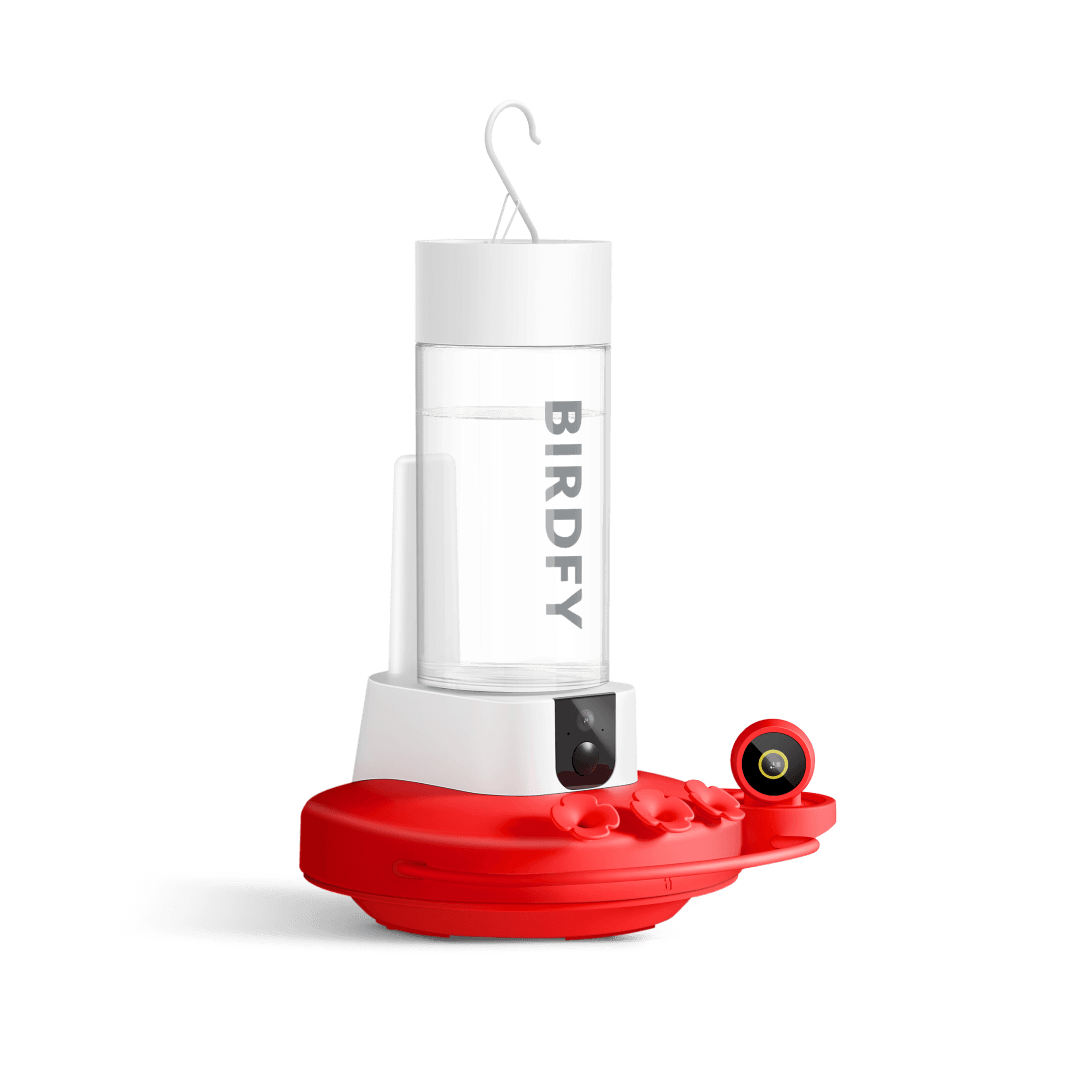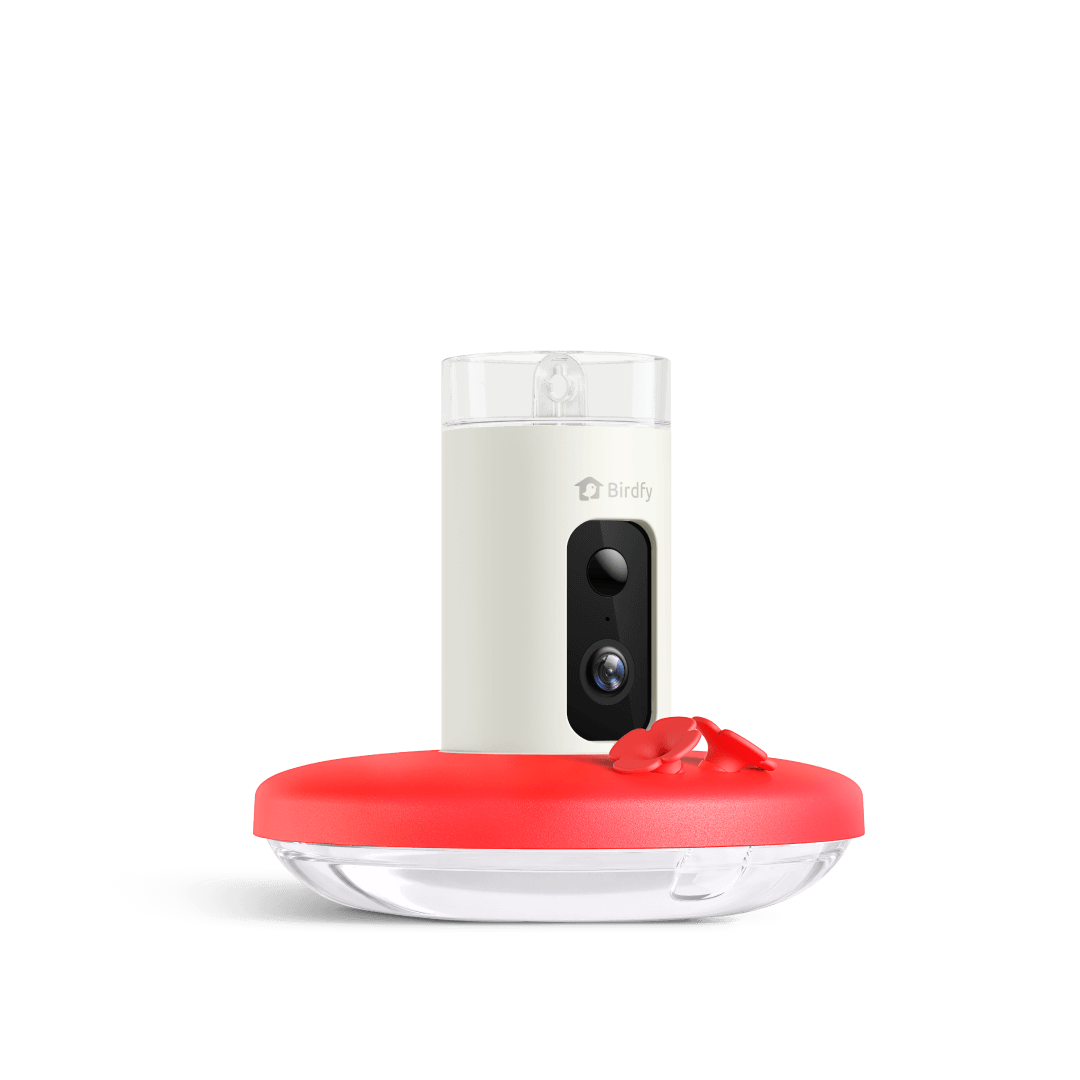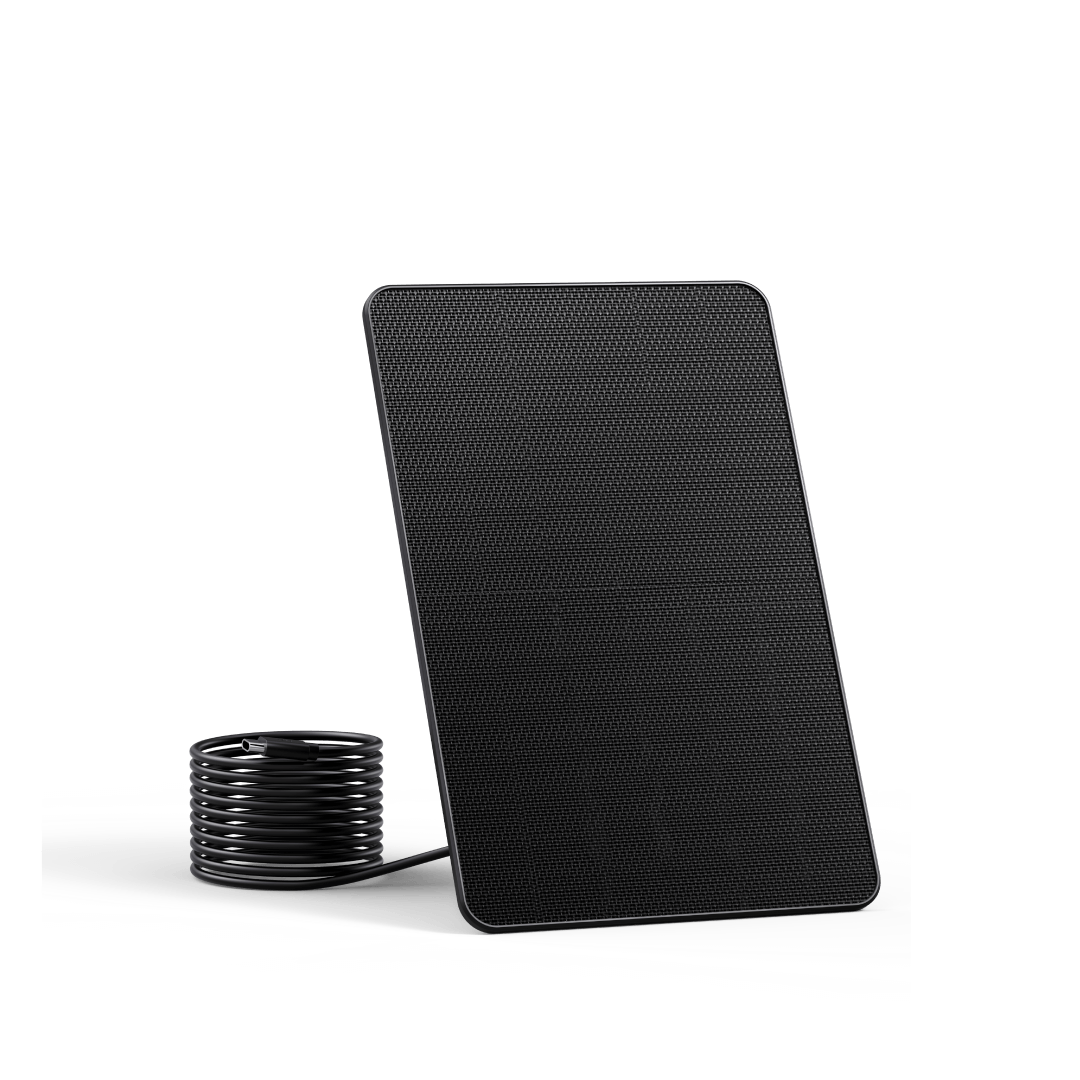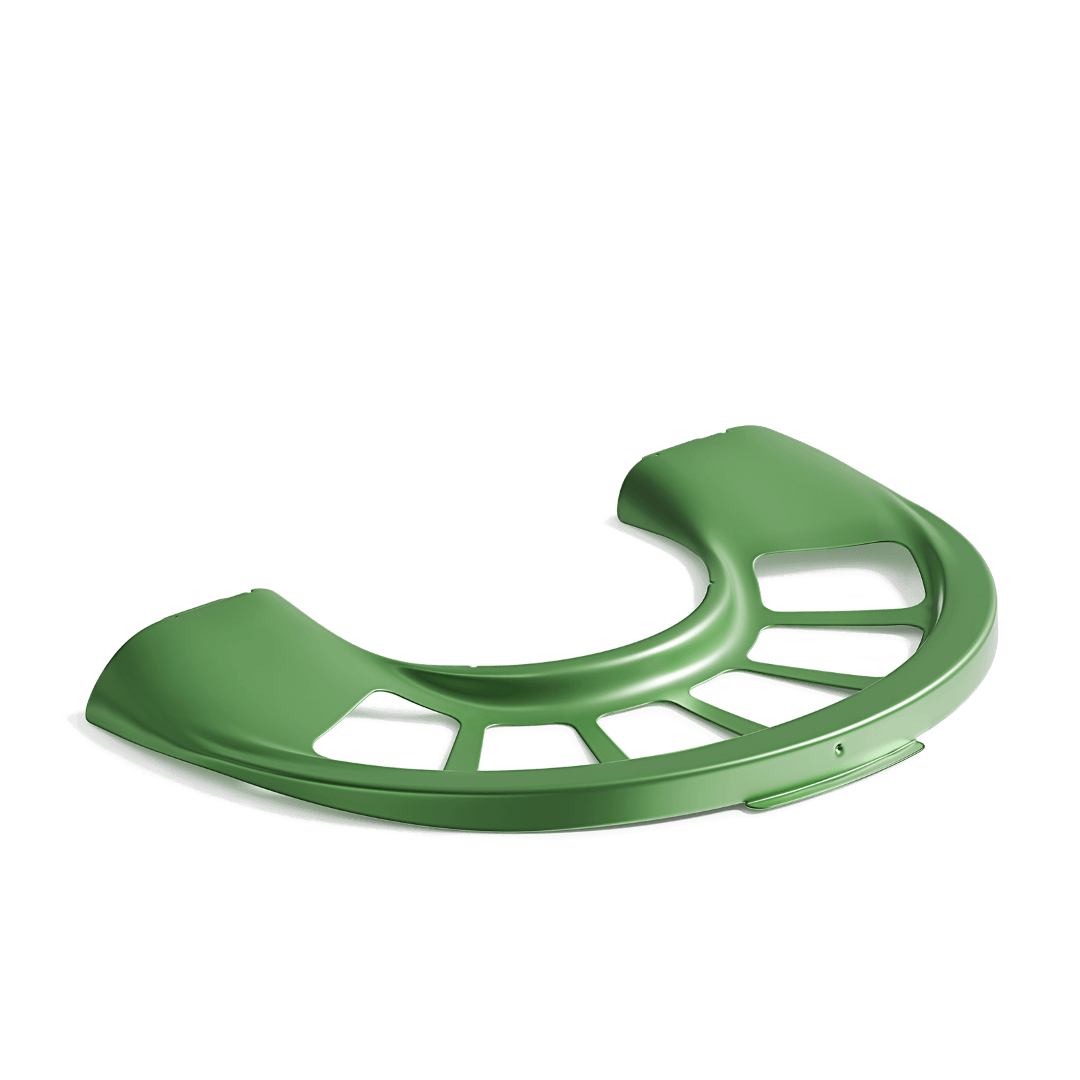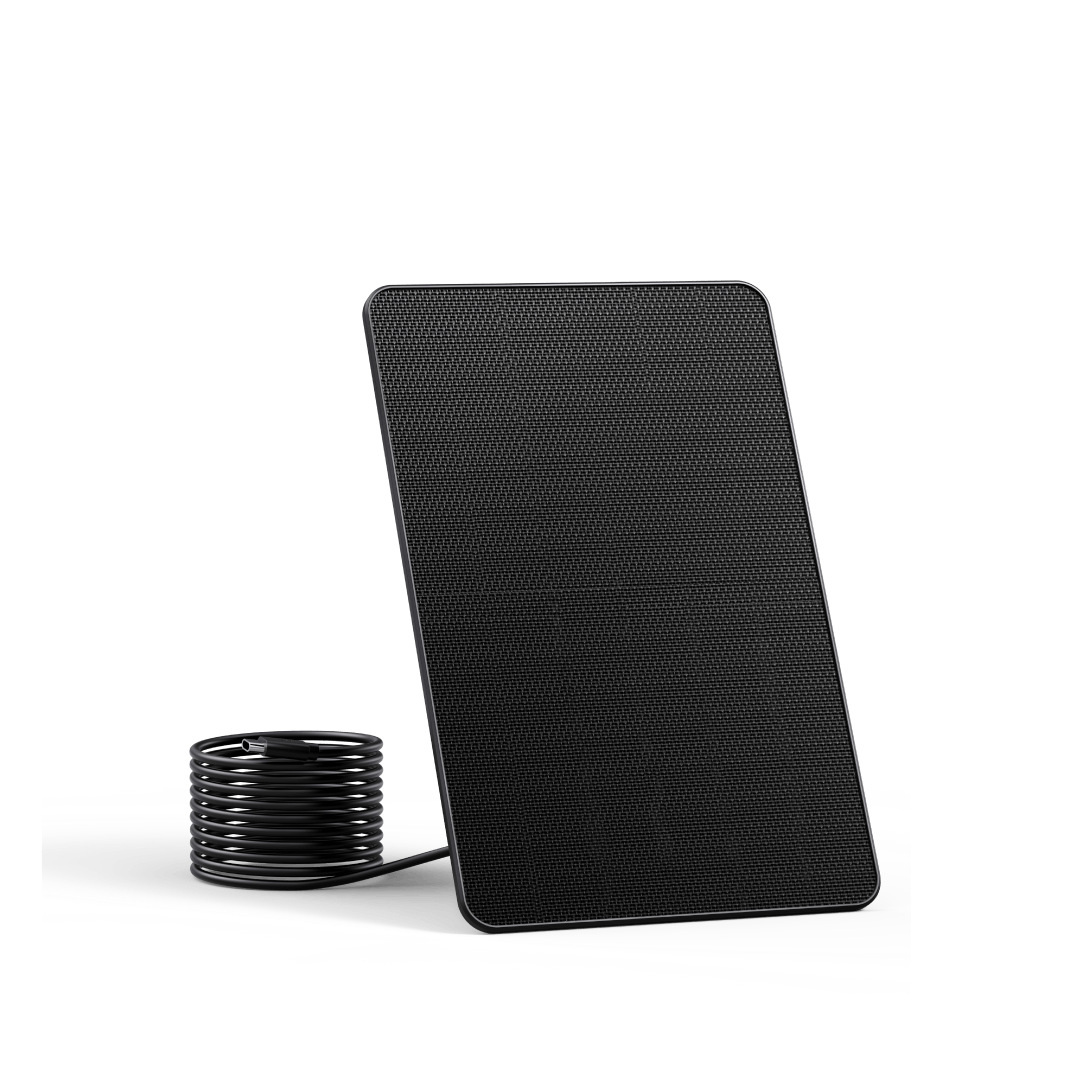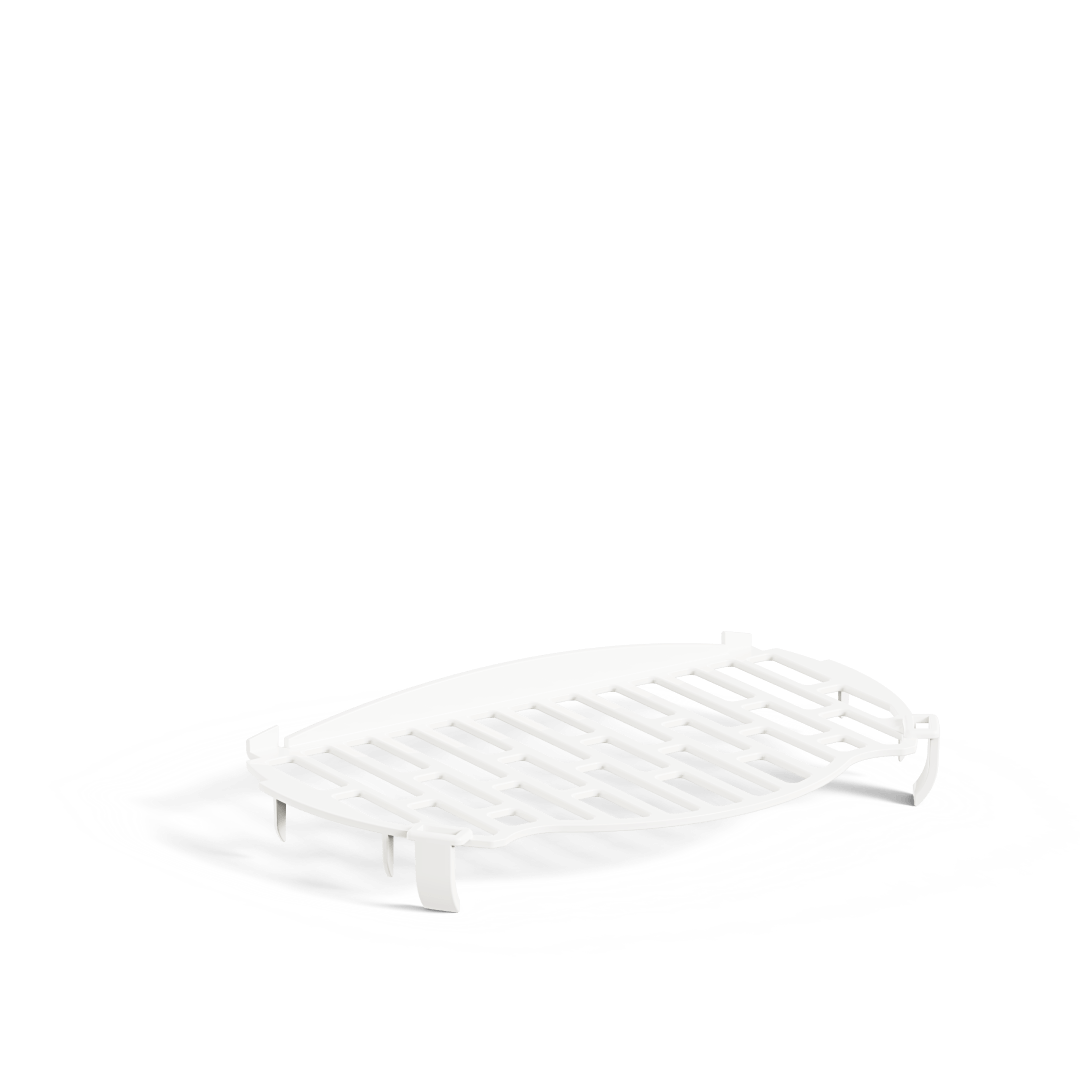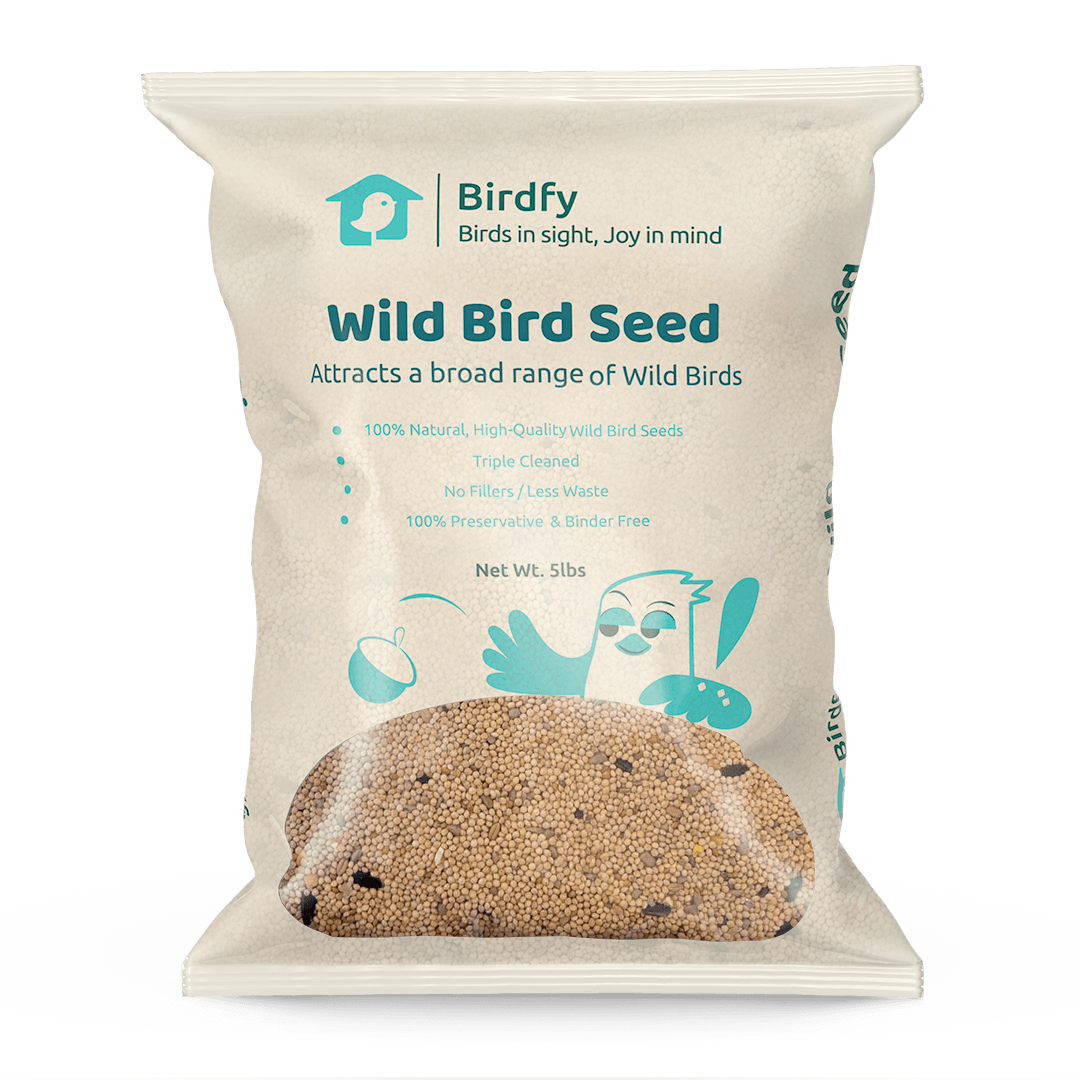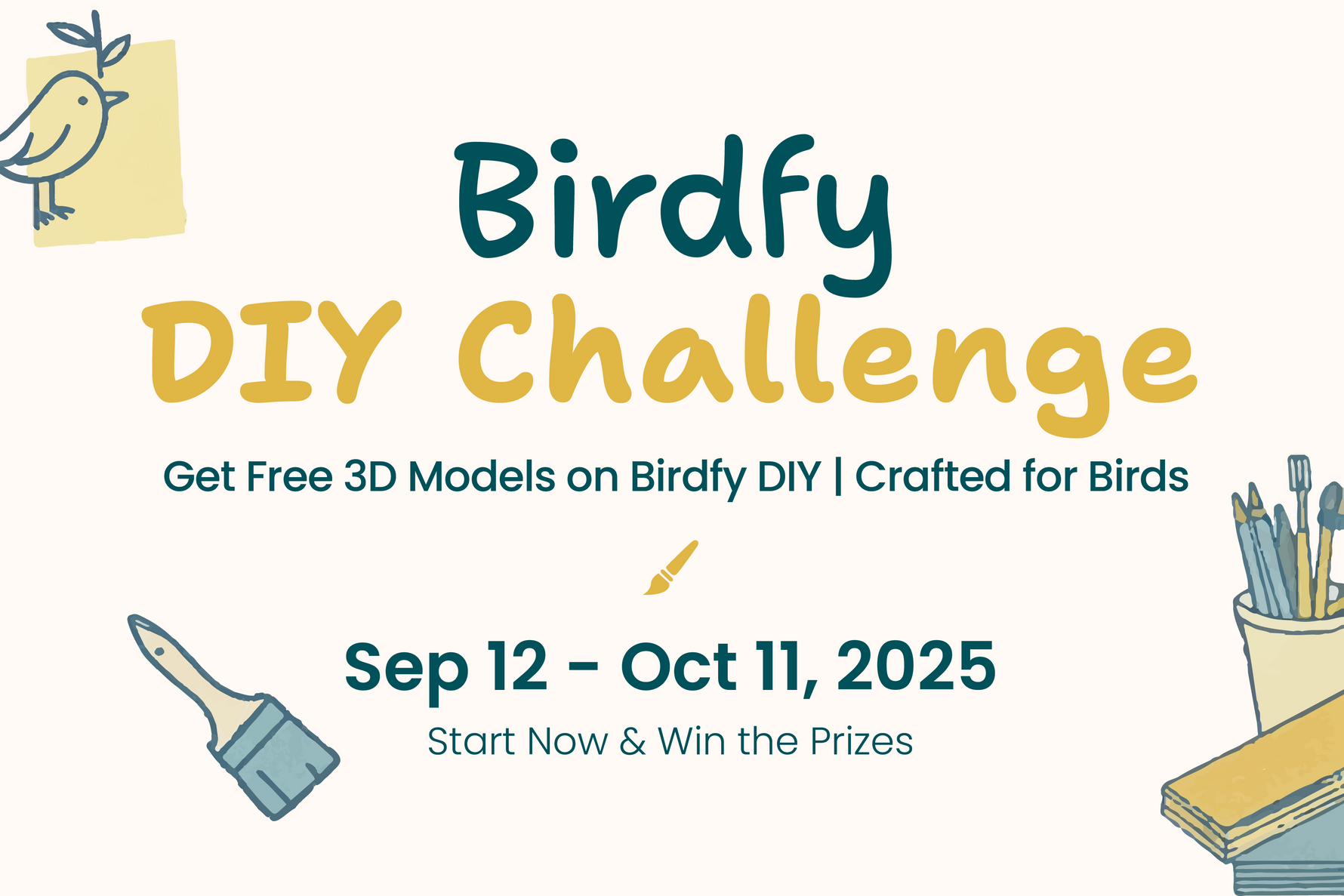How Long Can A Mother Bird Leave Her Eggs?
Introduction
It is a common concern that birdwatchers feel worried about mother birds leaving their eggs and what instinct or observation allows them to decide what is safe and what is not. The answer depends on the species, climate, and location, each of which plays a significant role in the longevity of eggs when left alone.

Mother birds are expected to stay primarily at home with their young, especially since they are responsible for incubating the eggs. Still, it is perfectly natural for birds to come out of their nests for a short time to look for food or assess the environment. However, these short-term absences should be manageable, as knowledge of a mother bird's nesting behavior can be helpful.
So, the purpose of this article is to explore how long a mother bird can leave her eggs and the factors influencing this.
Basic Knowledge Of Mother Birds Leaving Eggs
Mother birds, in particular, have a unique, remarkable talent for managing time when they sit on the eggs and feed themselves or search for shelter for their eggs or chicks. Hence, incubation does not have to be ongoing for some eggs because the external conditions are suitable. Bird parents indeed have certain behaviors that are adopted to increase the chances of their eggs remaining intact in the event of the departure of the bird parents from the nest.

The Basic Process Of Bird Incubation
The hatching time refers to the period within which the eggs are laid and before they hatch. During this time, it is common for a mother bird to devote most of her time to keeping her eggs at a proper temperature for embryonic development. Depending on the plant species, this period can vary from 10 to 80 days in cordyceps. As a rule, the incubation period increases with the size of the birds. This behavior of mother birds during the incubation period is very fascinating.
The Behaviors Of Mother Birds During The Incubation Period
Mother birds carefully alter the position of their bodies to keep their eggs warm during the incubation phase. In addition to staying alert for predators and leaving the nest for a short time to feed, they regularly turn the eggs to guarantee even development. This commitment contributes to the embryos' healthy development and successful hatching.
Safe Time For Leaving Eggs
Mother birds carefully plan short trips away from their nests to protect their eggs, usually in the warmer hours of the day. Short rests guarantee they obtain food without sacrificing the warmth of the eggs.
1. Safety Within An Hour
It is common for most birds to be absent from the nest for as long as an hour, which is often safe when good weather is good. It is safe for sparrows, robins, finches, and other birds, and the eggs can dry for up to about an hour. Frequent and brief excursions are necessary for mother birds to feed their chicks, survey the environment, or exchange nest materials. The eggs can maintain enough warmth to support their viability at this stage.

The impact of leaving the eggs for a short time (e.g., within one hour) is not as much, especially if the weather is not too hot, as long as the mother birds step out of the nest momentarily. Many species of resilient eggs can tolerate short-term cooling. If the mother bird is gone for an hour or even less, the chicks' body heat and vegetation material keep them warm enough.
2. The Influence Of Temperature On Eggs
It is, however, essential to note that most bird eggs need a band of temperature regime of between 98°F to 101°F (36°C to 38°C) to hatch. This kind of temperature is an Ideal incubation temperature range for bird eggs to support embryo development. When the temperature goes beyond this range, it may delay growth or, at worst, is likely to harm the embryo.
But, how does a mother bird's body temperature affect the warmth of the eggs? Birds use their body temperature to regulate the heat to warm their eggs. When a mother bird is in the nest, her body heat, which ranges from 104°F to 106°F, helps regulate the eggs' temperature required to hatch. That is why nesting mother birds understand how long they can be away from their nests and how low the temperature must be for the eggs to incubate.
Factors Influencing A Mother Bird's Ability To Leave Eggs
Here are some major factors that affect a mother’s bird ability to leave eggs;
1. The Role Of External Temperature
This is one of the most attributable factors to how long a mother bird can leave her nest without tending to it. In warmer climates, a mother bird can abandon her eggs for many hours, as the surrounding temperature can keep the eggs warm in the nest. However, in colder climates, absences must be shorter since freezing temperatures can quickly affect the eggs, possibly slowing the embryonic development. That is how hot and cold weather affects when a mother bird can leave her eggs.
2. Nest Structure And Materials
Birdhouses are constructed differently and frequently use flammable materials; thus, they can possess a natural insulation layer. Now, let’s move towards the differences between cavity-nesting and open-nesting birds. Cavity nesters such as woodpeckers have an advantage since the cavities provide a buffer of air around eggs, protecting them from scorching and frigid temperatures. Most birds are open-nester birds, like the robins, and the structure of their nests ensures that the birds are in direct contact with the weather prevailing in the region. Also, what a bird uses for building the nest – feathers, moss, or grass- determines the insulation of the nest.

3. The Role Of The Father Bird
In many bird species, the male is known to help care for. For example, in birds such as robins and bluebirds, the male will spend much time incubating the eggs or guarding the nest while the female goes out to look for food. This division of time allows the mother bird just the time required to be away from the nest while the eggs are safeguarded and kept warm.
How Does The Father Bird Assist The Mother Bird?
Indeed, in many avian species, like Scott's Oriole and Red Cardinals, the male bird assists the female bird during the nesting and incubation period. This, in turn, assists the mother in properly incubating the eggs and, at the same time, meets all its requirements for feeding and watering, among other requirements that the mother bird needs to meet before incubation. The kind of help that the father bird can provide is often crucial for the eggs to hatch and grow healthy. Here are several ways father birds assist:

Sharing Incubation Duties: In some species of birds, such as passerines, penguins, and owls, the father bird has to take turns incubating the eggs. This responsibility is shared somehow, enabling the mother bird to safely exit the nest to look for food and water or even take a short nap. The father bird incubates the eggs and ensures their temperature does not fluctuate by ensuring they remain warm since the condition has to be suitable for the embryo to develop.
Defending a Nest from Predators: Another important responsibility that father birds have more often is to defend the nest. They also guard themselves by locating close to these cliffs, reporting such signals, or even chasing or scaring off the predators. At times, the father bird may have to make some theatrical actions of distraction to divert the attention of such predators from the nest to get protection for both eggs and the mother bird. This protective instinct can be witnessed in birds such as the robins, in which the males patrol around the nest and the females aggressively.
Intelligent Behaviors Of Mother Birds
Mother birds are incredibly intelligent creatures who build nests, teach fledglings where to obtain food, distract predators, and control nest temperature to promote healthy growth and defend and care for their young.
How Mother Birds Adjust Their Leaving Time Based On The Environment?
Mother birds may learn to adjust their behavioral actions if the environment is unfavorable. They might reduce or increase the duration of their absences based on the weather and possible predation threats. For example, in cold or rainy climates, a mother bird will usually remain on the nest more often so that the eggs do not get cold or wet. Mother birds adjust their leaving time based on the environment.

The Instinctive Protective Behavior Of Birds Towards Their Eggs
Many birds aggressively protect their eggs and become less active or move less frequently if they sense a predator is close. They also perform what would be termed 'distracting' activities like noisy stridulations or faked injuries to prevent any potential threats from the nest in case they have to leave.
Special Situations
In the life cycle of a mother bird, several unique circumstances give focus to or alter standard nesting conduct. Such conditions may involve unfavorable weather conditions, the presence of predators, or any condition that might hinder normal daily operations. For instance, fluctuations in temperature, such as at night during storms or other activities by nearby human beings, may, in one way or another, interfere with the mother bird’s incubation patterns.
In such conditions, nests are pretty sophisticated and display instinctive measures like layering for added warmth or just constructing the nest in an area that affords more natural cover. Such exceptional circumstances present an essential perception of how mother birds adapt to situations to protect eggs.
1. Challenges In Cold Weather
Weather conditions, especially extreme cold, pose one of the biggest challenges to mother birds during incubation. If left for some time, eggs exposed to these conditions lose heat very quickly, thus exposing the developing embryos to danger. Cold temperatures draw down the metabolism of the embryonic processes in the egg's interior, which may stop the embryo's development or delay it significantly. Also, very low temperatures have a negative impact, which causes embryo death when the temperature remains low for a very long period.
How To Cope With The Impact Of Freezing Temperatures On Eggs
Mother birds have devised ways of handling freezing temperatures and placing their eggs in a manner that will not affect them by the cold. In icy regions, the birds may build their nests more than they are exposed to, for example, under overhanging roofs, in tree holes, or even burrows, for these are more protected from the cold. To keep warm, birds may also select south-facing places to ensure the nest gets the best sunlight.
Some penguins and songbirds arrange themselves tightly or place their bodies in a manner that shields them from the cold and wind. In extreme cold conditions, a mother bird will sit over a nest for hours waiting for food, feed herself, or get fed by the father bird lest she abandon the eggs. By using these techniques, birds ensure that their eggs will hatch by reducing the effects of even harsh environmental factors.
2. The Development Process Of Eggs
The breeding of eggs in birds is a well-coordinated process. The oldest stage starts immediately when the egg is laid and continues until the chick hatches. This process can vary significantly between bird species, but generally, it includes two main phases: the period of incubation and the period of egg-laying. Awareness of these phases gives knowledge of how mother birds behave during egg formation.
During this nesting period, the female bird usually lays one egg each day until she has compiled the laying sequence. She may not go to full-time incubation immediately, especially if the eggs are more resistant to temperature fluctuations in the first days. This helps her spend more time foraging for food and ensures all the eggs hatch almost simultaneously to ease the task of rearing the chicks.
Differences in Behavior Between Laying Eggs and Incubating
The bird’s behavior also changes during the laying and incubation periods, though these are two different phrases. The laying period, accompanied by a short stay of the mother bird, causes the eggs to remain unlaid for a more extended period because the embryos in the eggs are still at a preliminary stage of development and are adaptable to slight changes in temperature.
Once the incubation process has started, the mother bird directs her efforts toward keeping the temperature stable to facilitate the growth and hatching of embryos. Most of her early time is spent on the nest to keep turning their bodies occasionally to ensure they do not overheat.
During this period, the mother is highly attentive and rarely leaves the nest, and during such time as she is feeding herself, the father bird or other food sources are close enough that her absence does not endanger the eggs. These changes in behavior imply a move towards demands for warmth and security as the embryos advance in development towards hatching.
Conclusion
The time a mother bird can leave her eggs depends on several factors, including temperature, nest construction, bird behavior, and conditions in the surrounding environment. It seems illogical to force these animals to incubate eggs for so many hours, forgetting they have evolved over millions of years and have instincts to ensure that incubation is done correctly while simultaneously satisfying their needs. We hope that now you are fully aware of how long a mother bird can leave her eggs.
Share




